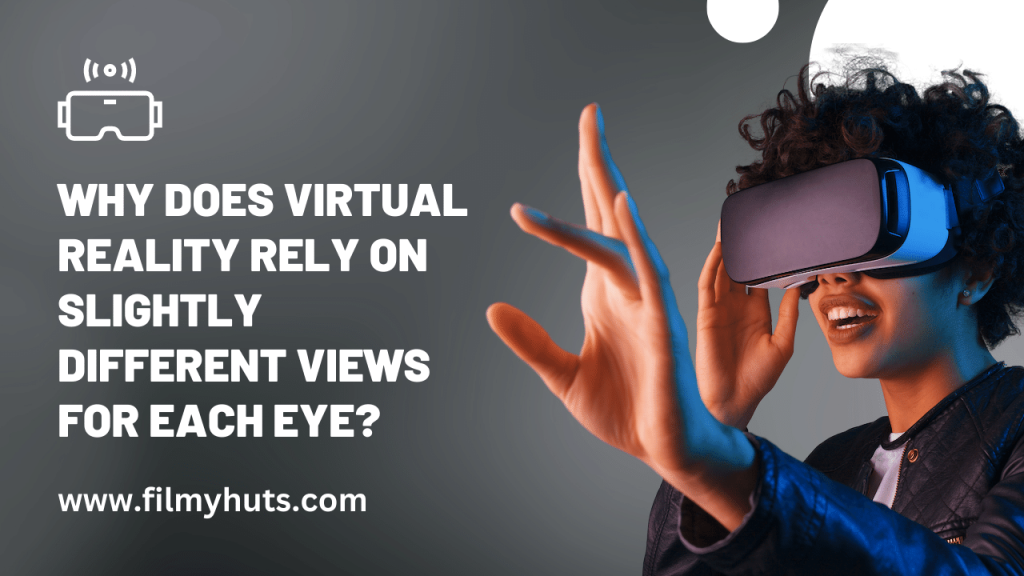Every modern computer, from the tiniest chip in a credit card to the largest supercomputers, operates using the classical principles of bits and bytes. But in the shadow of these giants, a new beast is emerging: the quantum computer.
Ever wondered about the impact of ‘Quantum Computing for Everyone’ on various aspects of our lives? Join us on this insightful expedition as we uncover the far-reaching implications of this fascinating topic. Keep reading to stay informed!
How does quantum computing work?
Dive into the world of qubits, which unlike classical bits that can be either 0 or 1, exist in a superposition – a state where they can be both 0 and 1 simultaneously! This allows quantum computers to process vast amounts of data at unprecedented speeds.
Introduction to Quantum Technology: Breaking New Ground
Classical computers rely on transistors, tiny gates that can be turned on or off. Quantum computing principles, however, revolve around the laws of quantum mechanics, which are the rules governing the behavior of very small particles, like atoms and photons.
Quantum Computing Explained: Power Beyond Imagination
Harnessing quantum properties can lead to a breakthrough in computation. Quantum algorithms for beginners can allow one to venture into this world without the need for a PhD. And you’d be amazed by the real-world implications.
What are the real-world applications of quantum computing?
From revolutionizing drug discovery, improving weather forecasting, to breaking or strengthening cryptographic methods, the potential is limitless. In fields like artificial intelligence, quantum computing’s impact can redefine boundaries.
Quantum Computing Advancements: A Leap into Tomorrow
Research labs and tech giants are racing towards the first truly scalable quantum computer. Every day there’s a quantum computing breakthrough, edging us closer to a new age of computing.
What are the challenges in making quantum computing accessible to everyone?
The world of quantum is delicate. Quantum data can be easily disturbed by its surroundings, which makes building and maintaining quantum computers a challenge. Yet, companies are striving to make this technology user-friendly and accessible.
Quantum Computing Benefits: More Than Just Speed
Beyond just speed, quantum computers can solve problems deemed unsolvable for classical computers. They bring a promise of breakthroughs in every industry, from finance to medicine.
Are there any beginner-friendly resources for quantum computing?
Absolutely! With quantum computing tutorials and simulators, anyone curious can dive into this world. Many online platforms offer courses and resources tailored for non-experts.
Is quantum computing the future of technology?
While quantum computing won’t replace classical computing, it offers tools to solve specific problems far more efficiently. As technology advances, its integration into our lives will become seamless.
Quantum Computing Concepts: Unraveling the Mystery
At its core, quantum computing is a radical departure from traditional computing. It’s akin to shifting from manual arithmetic to using a calculator.
What are the differences between classical and quantum computing?
Classical computers process data in a linear fashion. Quantum computers, however, leverage the power of quantum mechanics to process information in a holistic manner, thanks to the phenomenon of ‘entanglement’. This is where paired quantum particles mirror the state of their partners, no matter the distance separating them.
Quantum Computing Implications: Why It Matters
Beyond the technical jargon, why should the average person care? Here’s why:
- Economic Impact: The industries that quantum computing can revolutionize, from logistics to finance, represent multi-trillion-dollar sectors of the global economy.
- Social Impact: Problems like climate modeling, which are incredibly complex, could see resolutions, leading to strategies to tackle global warming effectively.
- Medical Impact: Simulating molecular structures could lead to drug discovery at a pace we’ve never experienced before.
Quantum Computing Potential: A New Frontier in Tech
Quantum technology has the promise of making current “unsolvable” problems solvable. Whether it’s optimizing supply chains, making AI more intelligent, or even complex simulations of the entire human biological system – the possibilities are staggering.
Quantum Computing Education: Everyone Can Be a Quantum Enthusiast
As quantum technology moves from labs to the real world, there’s a growing need for education. Universities worldwide are introducing quantum mechanics and quantum computing into their curriculum, not just for physicists, but for engineers, data scientists, and even business students.
How can quantum computing revolutionize fields like artificial intelligence?
Quantum computing, by its very nature, deals with probabilities. AI, particularly neural networks, operates similarly. The fusion of AI and quantum computing could produce machines that learn, reason, and make decisions at quantum speed. Think of self-driving cars making real-time decisions faster than ever or AI models predicting stock market fluctuations with unparalleled accuracy.
Are there any online courses for learning about quantum computing?
For those itching to delve deeper, online platforms like Coursera, Udemy, and edX offer courses tailored for beginners, intermediate learners, and advanced enthusiasts. These platforms are bridging the gap, making quantum education accessible to everyone.
Quantum Computing Research: Pushing the Boundaries
Leading institutions and tech behemoths like Google, IBM, and Microsoft are pumping resources into quantum computing research. Their shared goal? Creating a scalable and stable quantum computer. The latest in quantum computing advancements suggests that we might not be too far from realizing this goal.
Are there companies working on making quantum computing more accessible?
Absolutely! Companies like Rigetti Computing and IonQ are not just working on quantum computers but are also making their quantum platforms available to the public. This means businesses and researchers can experiment with quantum algorithms today, preparing for the quantum future.
Endnote: The Quantum Era Beckons
While still in its infancy, quantum computing is poised to redefine our technological landscape. As we move closer to this reality, staying informed and understanding its potential becomes crucial. The quantum realm awaits, full of mysteries to unravel and limitless opportunities to harness.
FAQs:
Can I learn quantum computing without a technical background?
Yes, there are many quantum computing resources designed for beginners.
Are there any quantum computing programming languages for beginners?
Definitely! Languages like Q# by Microsoft and Quipper are designed for quantum computing and are beginner-friendly.
Will quantum computing replace classical computing in the future?
Not entirely. They will work alongside classical computers, each having their specific strengths.
How can I get started with hands-on quantum computing experiments?
Many online platforms offer quantum simulators and beginner’s guides to get you started.
What are the ethical implications of quantum computing?
Like all powerful technologies, it can be used for both good and ill. As we harness this power, ethical considerations, especially in areas like cryptography, will be paramount.
Also Read: Vega Movie NL: Download Bollywood And South Indian Hindi Movies
Final Thoughts: Embracing the Quantum Revolution
Quantum computing is not just for scientists. It’s a field where everyone, from students to professionals, can contribute and benefit. The future promises not just faster computers, but a new way to perceive and interact with the world’s data.
To sum it up, this article has shed light on various aspects of “Quantum Computing for Everyone” providing valuable insights and answering your most pressing questions.


